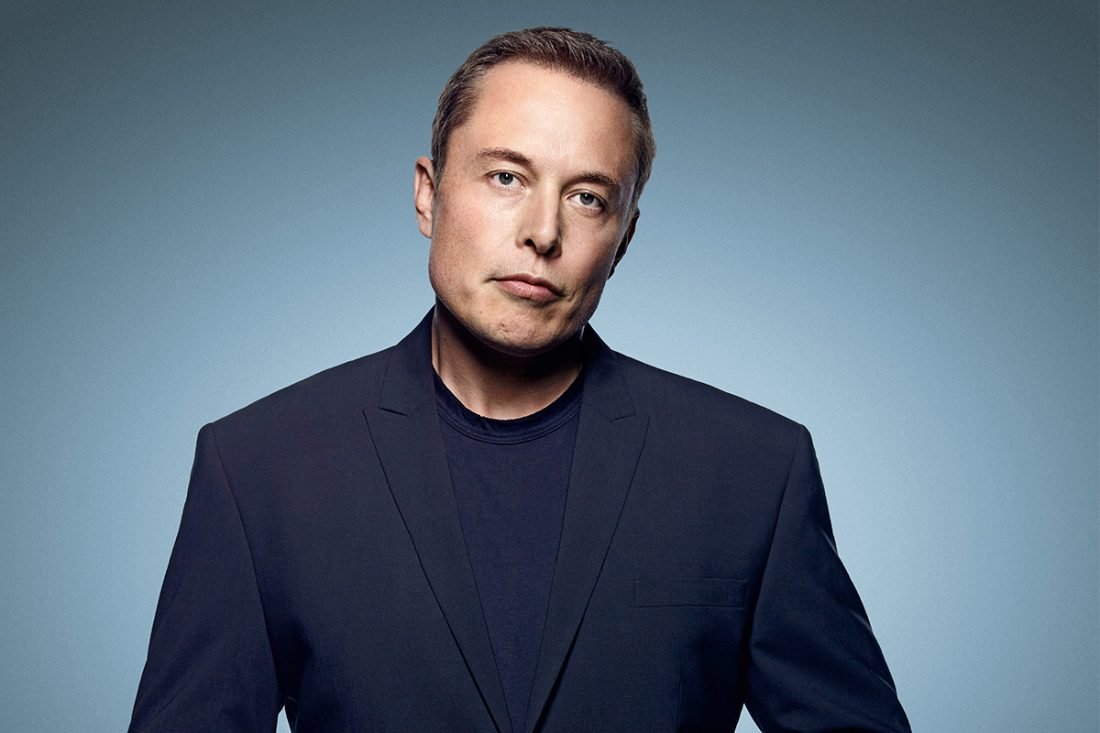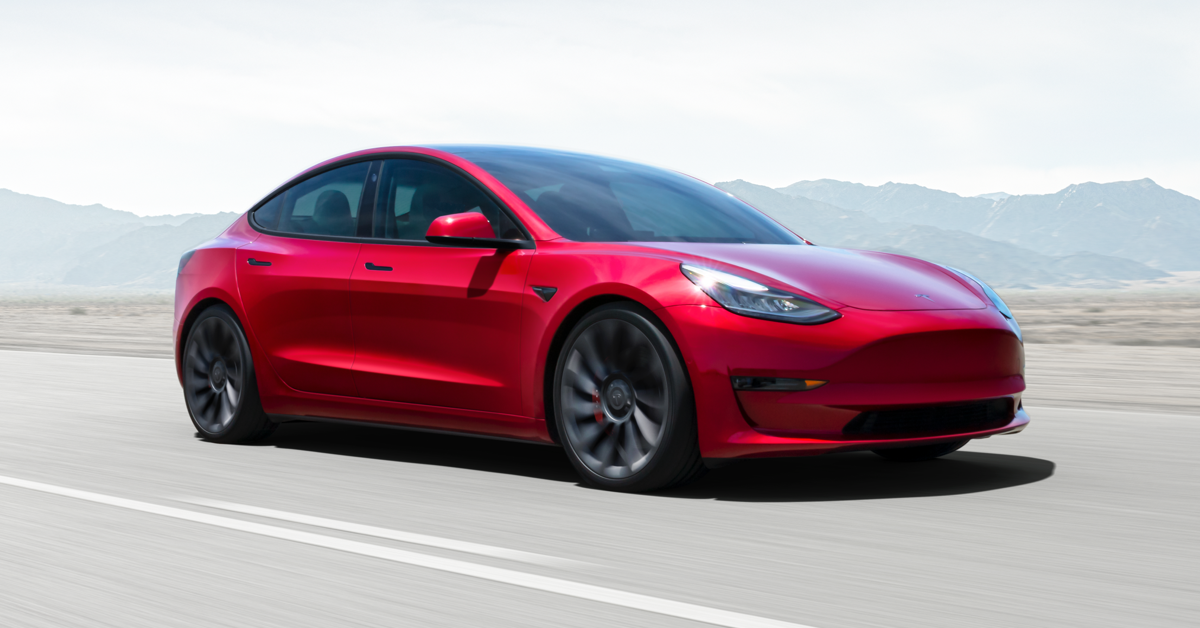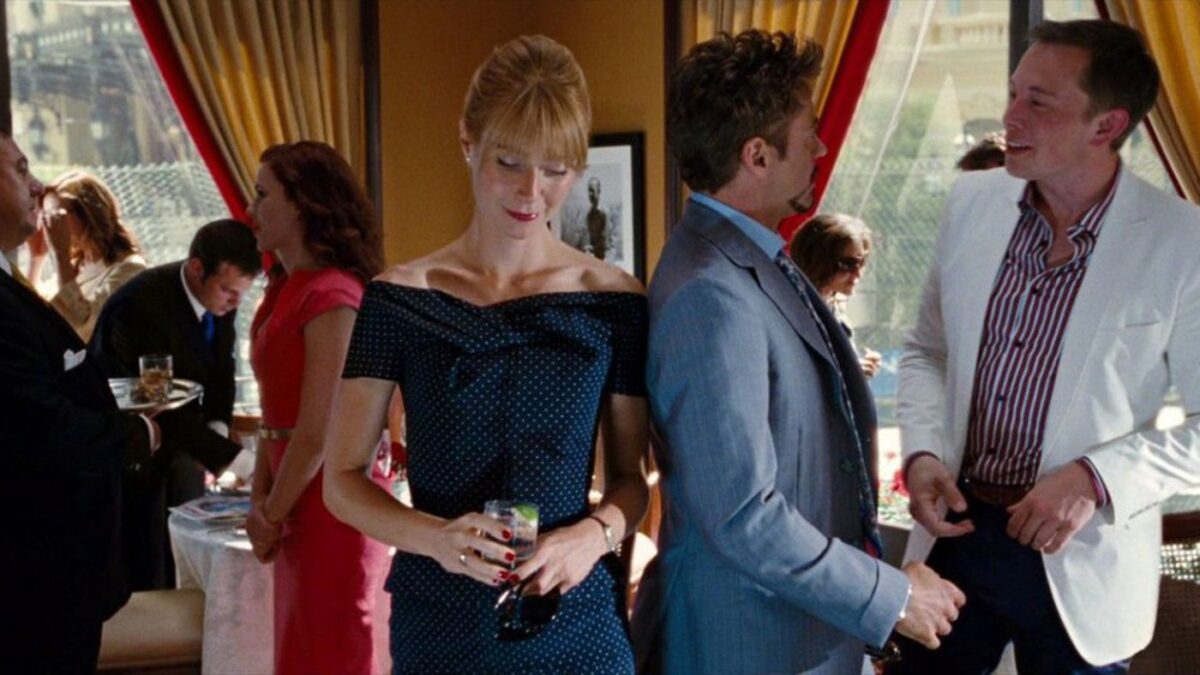To some, the word cult might seem a little harsh but who can deny the cult of personality that is Elon Musk?

Elon Musk is an entrepreneur, an inventor, an engineer, one of the brightest minds of our day but what separates him from the others? What makes Musk different to Bill Gates or Jeff Bezos?
Both men are common comparisons for Musk and many of the words used to describe Musk also apply to Gates and, to a lesser extent, Bezos. Gates created innovative software and hardware that changed the tech industry. Bezos created an online delivery service that is part of many people’s everyday lives as well as investing in his own endeavours at space travel and colonisation. But they aren’t thought of in the same way as Musk.
What is a Cult?
The definition of the word, cult, is a contentious one that has sparked an ongoing debate. The generally accepted definition is a social group that is defined by its unusual religious, spiritual, or philosophical beliefs, or by its common interest in a particular personality, object, or goal. As it applies to Musk, the religious and spiritual connections are tenuous. No one, at least not many, people worship Musk in a way that resembles a religious or spiritual figure. But they do as a philosophical figure.
The Philosophy of Musk

A quick search into YouTube will show many videos of Musk giving advice on how to succeed. Videos about giving advice, however, do not constitute a philosophical belief system. Musk does have his own personal philosophy based around Isaac Asimov’s work Foundation (1951). The novel depicts a genius learning, using a scientific method, that the galaxy is headed for another dark age. By using behavioral psychology, he plans out a way to mitigate the damage done to civilisation during that time. This includes creating scientific colonies on other planets. Sound familiar?
Musk wants to colonise Mars so that our civilisation would not collapse should some catastrophic event on Earth occur and cause our complete downfall. This is a long-term plan as space colonisation is not going to be a feasible possibility within our lifetimes, our children’s, or even our grand-children’s lifetimes. Hence Musk’s commitment to battling climate change. It’s all very admirable and adds to the positive figure of Elon Musk.
In an interview with Rolling Stone, Musk, when discussing Asimov’s influence, stated, “The lesson I drew from that (the Foundation series) is you should try to take the set of actions that are likely to prolong civilization, minimize the probability of a dark age and reduce the length of a dark age if there is one.”
This highlights the second part of the definition, a common interest in a personality, object, or goal. His fans worship him, they agree with his goals of space colonisation and clean energy, and they love his products (the Tesla line). Musk’s fanbase fits these definitions quite easily but I don’t mean this as a bad thing, just as a descriptor.

But why Musk?
Musk is not the only billionaire committed to altruistic endeavours. Gates has donated up to $50 billion to charitable causes. He has his own charity, the Bill & Melinda Gates Foundation. And despite this, there are baseless accusations of Gates wishing to microchip people with the COVID vaccine.
Bezos is much easier to dislike. Amazon has a known record of poor working conditions within their warehouses. Musk has done none of these things. The worst he has done was claim on Twitter that COVID lockdowns should not be enforced and talking badly about a rescue diver. Relatively small things that you can disagree with or disregard with ease.
Being more popular than Bezos is not particularly difficult but Bill Gates is not lacking in charisma. Although, he is boring. He’s a responsible tech businessman and acts like it. Musk, on the other hand, made a flamethrower, inserts movie references into his products (the Tesla’s volume goes up to 11, a reference to the film Spinal Tap), and makes cameos in popular films like Iron Man 2. He acts like a lot of people imagine they would if they became rich. His appeal turns out to be simpler than first thought.

Hero or Villain?
Musk reminds me of the character, James Halliday, from Ready Player One. In both the novel and film, Halliday was a genius who created a virtual world that everyone in the real world uses. This makes him very rich and when he died, he left his inheritance to the person that can solve his treasure hunt. As a result, people become obsessed with Halliday. They learn his likes and dislikes in order to understand him better and solve the treasure hunt. The treasure hunt is filled with easter eggs and references. In fact, most of the novel is nothing but tiring references.
Should Musk ever do something equally outrageous I would expect a similar result. Many of his fans act similarly and obsess over the cult of personality that is Elon Musk.
Is this a bad thing? His goals are positive. One of the world’s richest men advocating and actively investing time and resources into bettering the world rather than just profit, isn’t the worst thing in the world. Arguements surrounding Musk state, that a hyper-capitalist cannot be a force for good in the world. This is due to a belief that capitalism in itself is harmful. But this is the world we live in and if a cult of personality behind a man that has been making a positive contribution to the world exists than I believe it is better than the alternative.
The man isn’t perfect. He’s made quite a few mistakes and they should not be forgotten or dismissed. To do so would strip him of accountability and the results of this could be disastrous.
Subscribe to FIB’s Weekly Alchemy Report for your weekly dose of music, fashion and pop culture news!






